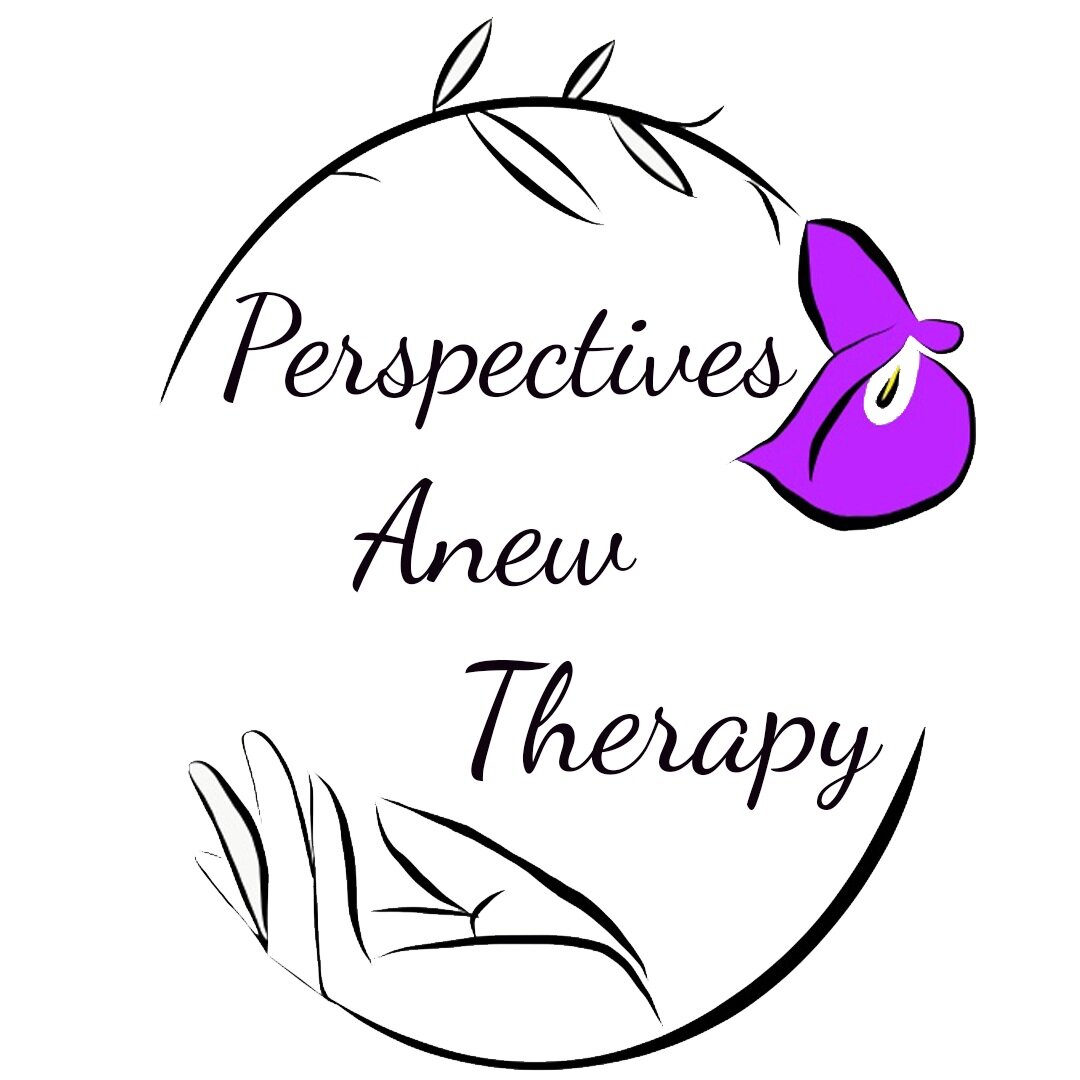Hispanic Heritage Month
Hispanic Heritage Month is observed September 15- October 15th as a celebration of the anniversaries of independence of Latin American countries like Nicaragua, Honduras, and El Salvador, while also recognizing the contribution of Hispanic heritage in the United States. This year's theme for Hispanic Heritage Month is “Pioneers of Change”. Some noteworthy pioneers are Sonia Sotomayor, the first Latina to serve in the Supreme Court, Rita Moreno, the first Latina to win an Academy Award, and Roberto Clemente, a pioneer for Hispanics in Major League Baseball.
Another field that Hispanics have been pioneering for change in is the field of mental health. Throughout the last century, pioneers like Martha Bernal the first Latina clinical Psychologist, Ed Morales the first Latino Social worker, and Dr. Nora Volkow, a Mexican/American psychiatrist and director of the National Institute of Drug Abuse, have all worked towards creating change in the mental health field for Latinos and others. It is also important to recognize Hispanic mental health service providers, assistants, techs, professors, and students who are supporting mental health awareness in the Hispanic community.
Salud Mental
Hispanics make up almost 19% of the U.S. population with a diverse demographic makeup from wide-ranging immigration statuses, multi-race backgrounds, lingual differences, varied immigration generations, and cultural differences among national backgrounds. The concept of mental health in the Hispanic community is complex with gaps in service provision to fit the needs of the diverse community and cultural stigmas towards mental illness that can influence individuals when seeking help, accepting help, or supporting others in their mental health journeys.
The idea of mental illness can sometimes be perceived as a choice, going "loco", or weak character, especially among older generations. At times, when individuals are self-aware of their mental or emotional state and decide to speak out, they can be discouraged by peers or family members, which can prevent them from seeking support. The normalization of conversations about mental health is necessary so people become aware and comfortable addressing concerns. However, the unfamiliarity of psychiatric and psychological symptoms of mental health disorders in the Latino population further drives neglect and misdiagnosis in this community.
Nonetheless, the Hispanic/Latino community has inherent strengths that help them combat these distressing experiences. This community generally stems from collectivist societies that encourage family ties (familismo), cooperation, stability, and interpersonal relationships. Some individuals are more likely to seek support from their inner groups and through close connections. A strong support network is imperative for overall well-being. Hispanic communities also rely heavily on faith. Among them, 55% identify as Catholic and 22% as Protestant. Faith in this community reinforces social connection and provides protective factors like optimism, purpose, and hope. The Hispanic/Latino community tends to hold a positive outlook on life even amid adversity, which can be seen in popular dichos (sayings) like "Al mal tiempo, buena cara" which translates to, "In bad weather, a happy face". This saying emphasizes looking beyond the negatives and finding strength in hard times.
Increasing access to mental health services for Hispanics/Latinos
The mental health field has a role in educating Hispanic clients and the wider community about what support they can access, especially when considering obstacles like financial instability and lack of insurance. Many experiences that individuals in the Hispanic/Latino community go through like deportation, separation of families, racism, exploitation in the work field, and adjusting to a new society have a likelihood of developing or worsening existing disorders, trauma, or emotional distress. Over 22% of Hispanics in the U.S. report having a mental illness. As a result, there is a call for the mental health field to provide more culturally sound, Spanish-speaking/bilingual, and accessible mental health resources so that more Hispanics can obtain compatible services.
Source: The Pew Research Center
